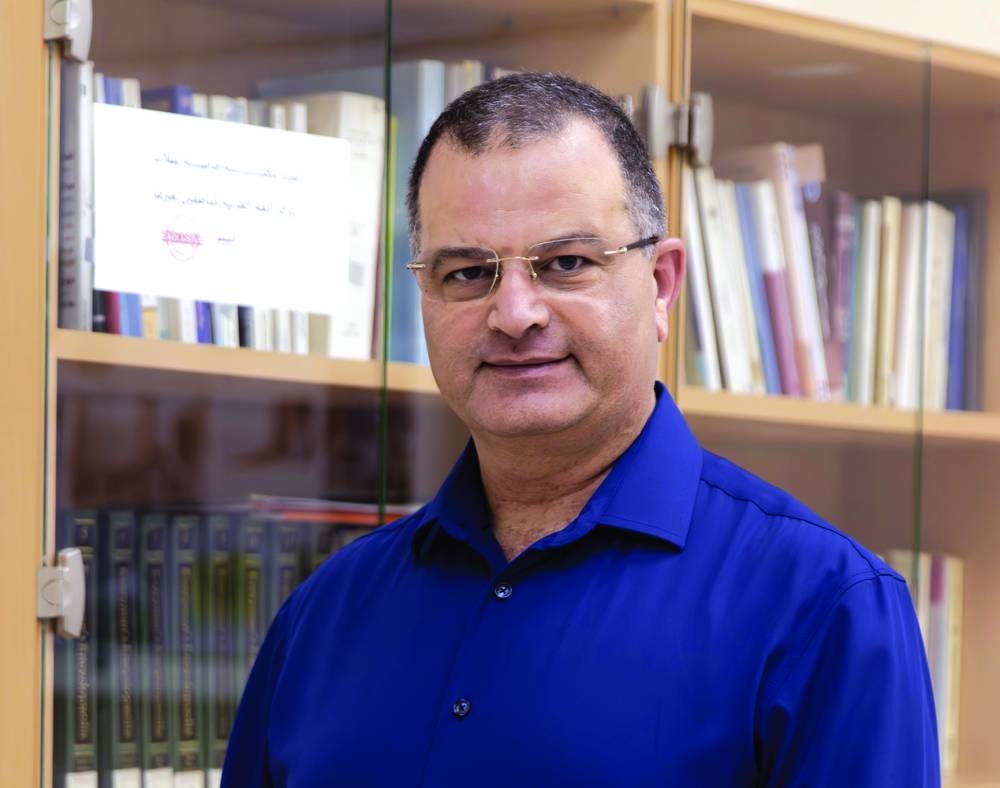Qatar University (QU) is directing research into improving the sustainability of food and water security in arid regions.
Dr Ammar Abulibdeh, an associate professor of geography and GIS (geographic information system) at the QU’s College of Arts and Sciences, leads the research team focused on developing a comprehensive model to interconnect food, water, and ecosystems in Qatar.
His research aims to enhance the local ecosystem in Qatar by combating desertification and promoting biodiversity among local plants.
This strategy is crucial for improving food security and water sustainability, as desertification significantly affects natural grazing and green water availability.
In the GCC countries, including Qatar, fodder production is essential for livestock nutrition.
Sustainable natural grazing can reduce water consumption for growing green fodder, thereby alleviating pressure on intensive fodder production and making more farmland available for other crops.
The research project also investigates the advantages of revegetating grazing land to enhance water sustainability.
Previous studies have clearly shown that the main features of arid ecosystems are limited precipitation events, high temperatures, and variations in seasonal precipitation events.
Supplemental irrigation is necessary to restore natural vegetation in pastures, but native plants require much less water compared to planted fodder.
The research will determine the optimal months for watering local plants to maximise water savings.
The research team is developing a holistic model to assess the possibility of improving native plants suitable for grazing, thereby enhancing water sustainability and food security in the “water, food, and ecosystem nexus".
This model considers the interconnections between water, pastures, livestock, and fodder production and incorporates climate change impacts to provide sustainable strategies for Qatar.
The research involves field experiments and spatial analysis using GIS and remote sensing techniques to create a comprehensive quantitative characterisation of Qatar's ecosystems.
The study is structured into six phases, and the results from these phases will offer a clear ecological description of Qatar's natural ecosystems, enabling the team to use this data to develop scenarios for optimal pasture sites to improve water sustainability and food security.

Dr Ammar Abulibdeh
